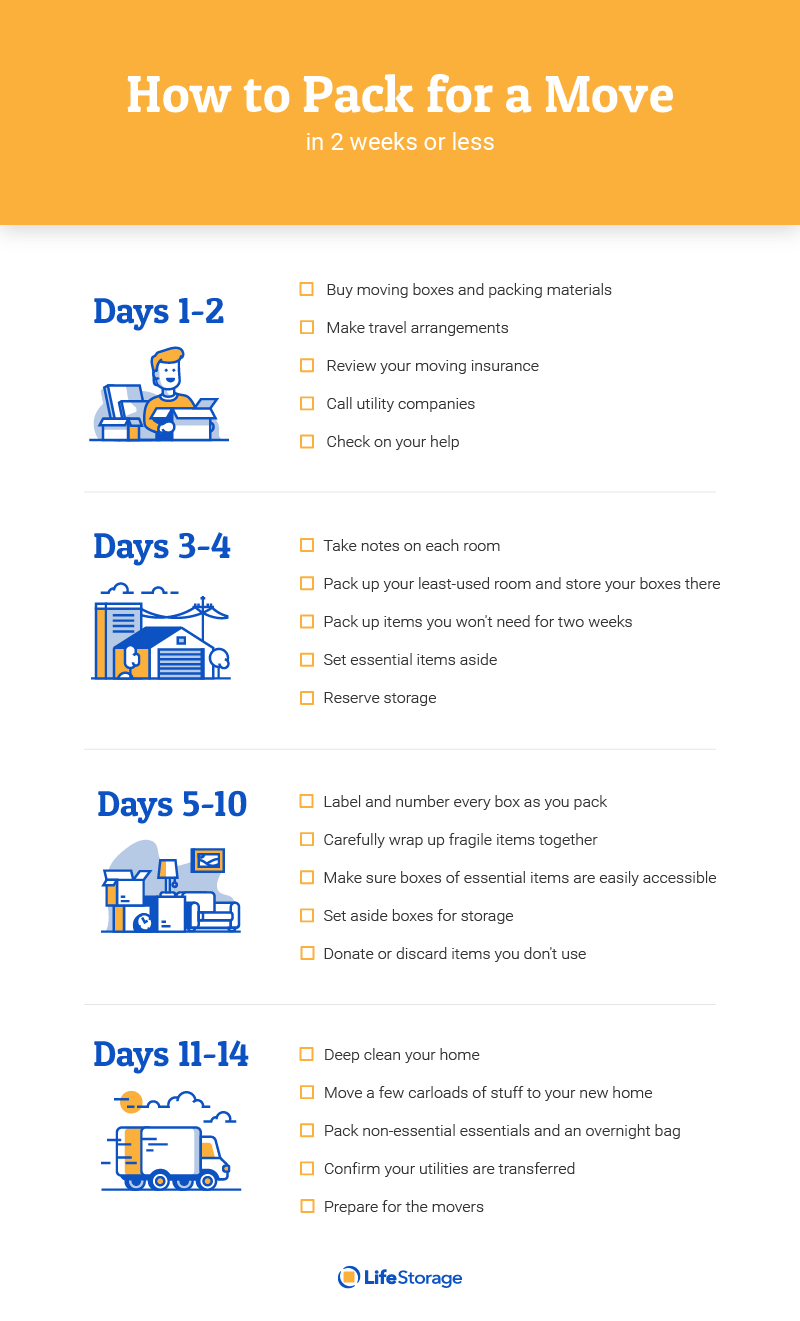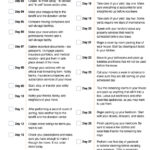Before you pack up and move out, you should evaluate what you need to keep and which things you can get rid of. The less stuff you have to move, the better. Plus, fewer items to move means less physical work. In addition to clearing out the clutter, you should check if appliances need to be repaired or replaced. You can also plan a move-out inspection. However, you should prioritize bigger tasks and leave smaller tasks for after moving out.
Building an emergency fund before moving out
Most financial experts recommend building an emergency fund of three to six months’ worth of living expenses. It is especially important if you are planning on moving out on your own, because it will provide you with a safety net if your income goes missing for a while. You can use this money for expected expenses, such as rent, but also for unexpected ones, such as car repairs or medical bills.
You can set up automatic transfers to your emergency fund to make it easier to save. This way, you can set aside a certain percentage of your paycheck and stay in the habit of saving. If you don’t want to set up automatic transfers, you can also save change. Investing your spare change can also help you build an emergency fund.
A money market account or high interest savings account is a good option for building an emergency fund. These types of savings accounts earn interest without requiring any additional deposits. Compound interest is an excellent way to maximize the rate of return on your savings and build a bigger emergency fund. By saving money regularly, you can prevent unexpected expenses from adding up and leaving you in a debt cycle. Besides saving money, building an emergency fund can also give you peace of mind.
A good emergency fund is equivalent to three to six months’ worth of living expenses. This amount may seem intimidating at first, but you can start building it by setting aside a small amount each week. You can then adjust it based on your income and bills. When you start building your emergency fund, you can also use it for other goals.
Creating an inventory list of essentials
Making an inventory list of essentials to prepare for your move is a great way to streamline the moving process. Not only will it help you know what you have and where it is, but it will also make it easier to file an insurance claim if something is lost or damaged. Having an inventory list will also help you keep track of your belongings when you pack them for the move.
Having a comprehensive inventory list will also help you organize and separate your belongings. This is especially useful post-move when it comes to unpacking. For example, you can separate electronics by room and mark valuable items separately. This will prevent tangled mess when you unpack them. When marking items, remember to consider the sentimental value. Some things have more sentimental value than financial value.
Once you have a general idea of what to pack, you should create a detailed list of each room in your house. Include books, framed pictures, and knick-knacks. Make sure you write down their estimated value. Then, assign each item to its room. Also, make a note of its new location.
If you have children, you should plan the move according to where they will be going to school. It’s also a good idea to make an inventory list of the items that you’re going to pack. This list will help you identify the things that will need to be packed and stored, as well as their condition and value. It will also help you if any items are lost or damaged in the process. Creating an inventory list is also beneficial if you’re going to hire a moving company. You can also use it when choosing insurance for your move.
Planning a move-out inspection
Planning a move-out inspection is a key part of the moving-out process. It is important to do an extensive check of the property to identify any damages or defects. It is a good idea to schedule the inspection several weeks prior to the move. It is also a good idea to get the landlord’s approval first.
Moving out inspections are essential for both the landlord and the tenant. They help them track the condition of the rental property and estimate the costs of repairs. They also help tenants determine whether they are entitled to a full refund of their security deposit. When conducting these inspections, both landlords and tenants should follow local landlord-tenant laws. These laws vary from state to state, but in general, it is advisable to schedule the inspection when the tenant moves out.
Before the move-out inspection, the landlord should make a list of items to check. The checklist will help keep the landlord organized, guide him or her during the inspection, and ensure a thorough review of the rental property. The checklist should also list items that may lead to deductions from a tenant’s security deposit. Additionally, the list should match the one created for the move-in inspection, so that it is easier for the landlord to compare what the tenant has done to the property.
If the tenants are responsible for cleaning the property, they should document the work they have done. If necessary, they can get pictures and video footage to go along with their descriptions. Additionally, they should pay the rent and other financial obligations. They should also make sure that the electrical wiring works properly.
Working out a daily budget before moving out
One of the best things you can do before moving out is to work out a budget. This way, you’ll know exactly how much money you can afford to spend each day. You can also make sure that you have enough money to cover bills on a monthly basis. This is especially useful if you’re sharing a place. It can be cheaper than renting alone, and you won’t have to worry about stretching your money too far to make ends meet.
The best way to determine your budget before moving out is to make a detailed list of all of your monthly expenses. This should include everything, from utilities to transportation and food. You also need to include any extras you might have. If you have a lot of expenses outside of rent and utilities, you may need to cut back on these things.
Make sure you set aside some extra money for an emergency fund. It’s also a good idea to start a budget for groceries, toiletries, entertainment, and other essentials before moving out. This way, you’ll be more prepared for solo living when you first move out.
Another good idea is to start saving for furniture. You may want to purchase used furniture to save money and add to your new place. This will help you avoid getting into debt. Also, look for deals on furniture if possible. Buying new furniture and furnishing the new place takes a while, so plan ahead and save up.
Getting rid of unwanted items
Getting rid of unwanted items is a big part of moving out. You may not have a place to put everything, but you can easily donate your unwanted items to charity. Some places have lists of items that they will accept, which can help you get rid of your clutter quickly. There are also donation centers in your neighborhood, which will pick up a variety of items that you no longer need.
Donating your old furniture is a great way to get rid of unwanted items. Some people donate their furniture to friends and family. Just make sure that the people who will benefit from it really need it. Also, remember to separate recyclable items from your old furniture, so that they don’t end up in a landfill.
Before moving, take inventory of your belongings. Check for items left behind by previous owners. These items can be a source of clutter and should be discarded as soon as you can. It is also a good idea to unpack the house room by room, so you can identify like items and discard the others.
Another great way to get rid of unwanted items is to use a one-item-a-day approach. This method is great for organizing a home, and by the end of the year, you should have gotten rid of 365 items. You can also keep a box near the front door to collect unwanted items. Put them into this box and then recycle, donate, or give them away.
Another great option for getting rid of unwanted items when moving out is to sell them online. Several websites exist online that specialize in selling secondhand or vintage items. These sites can give you a small percentage of the selling price of your stuff.





